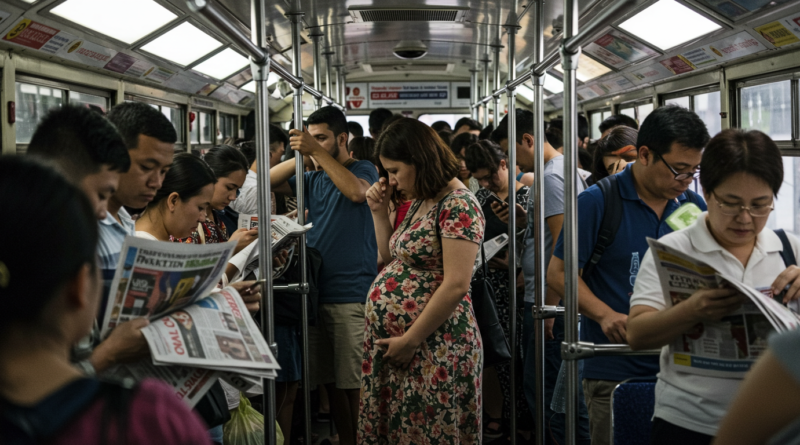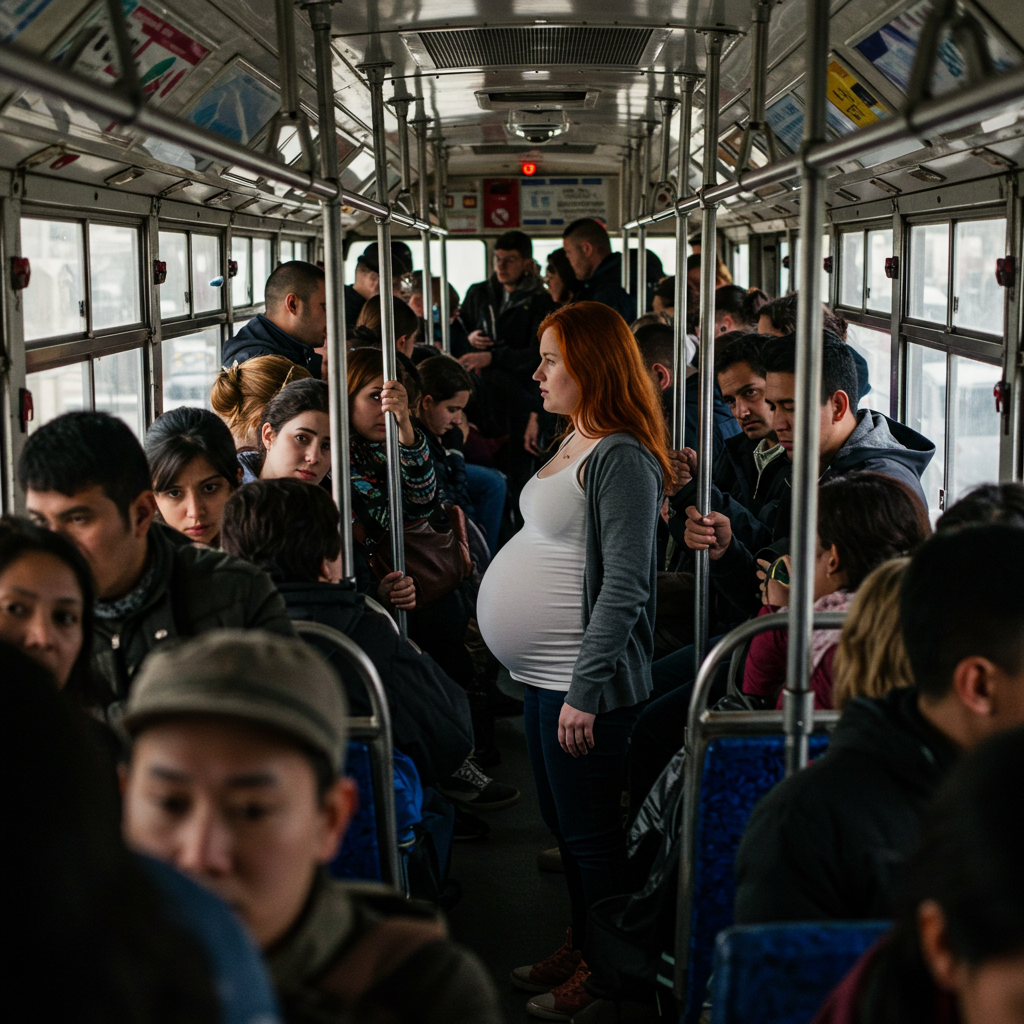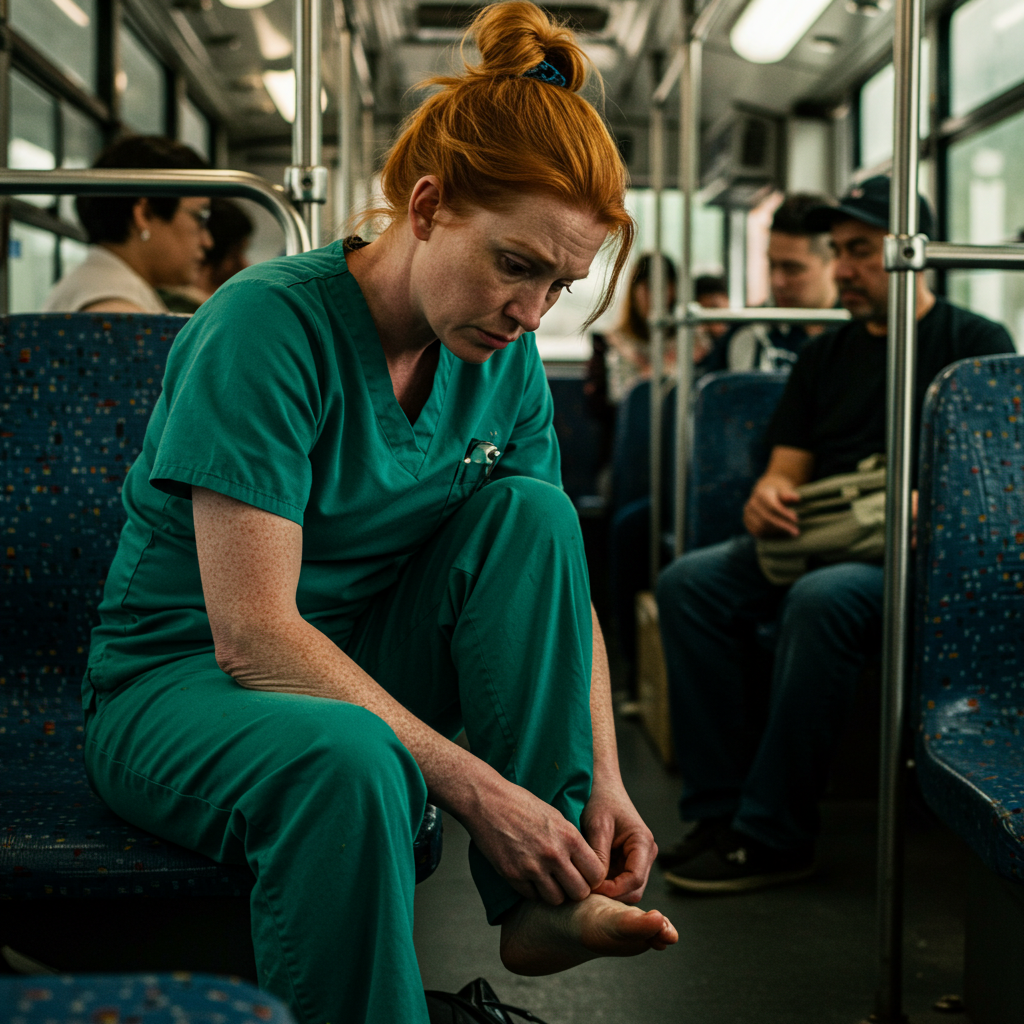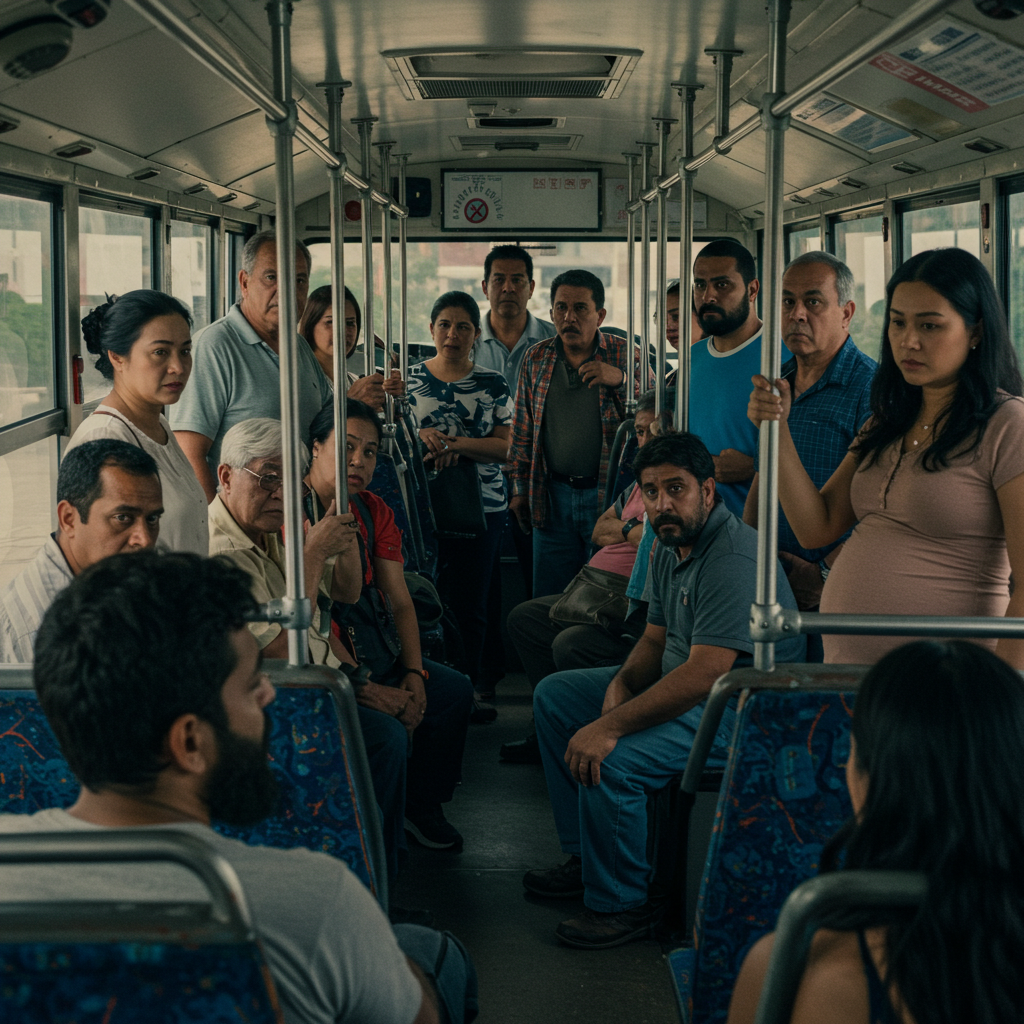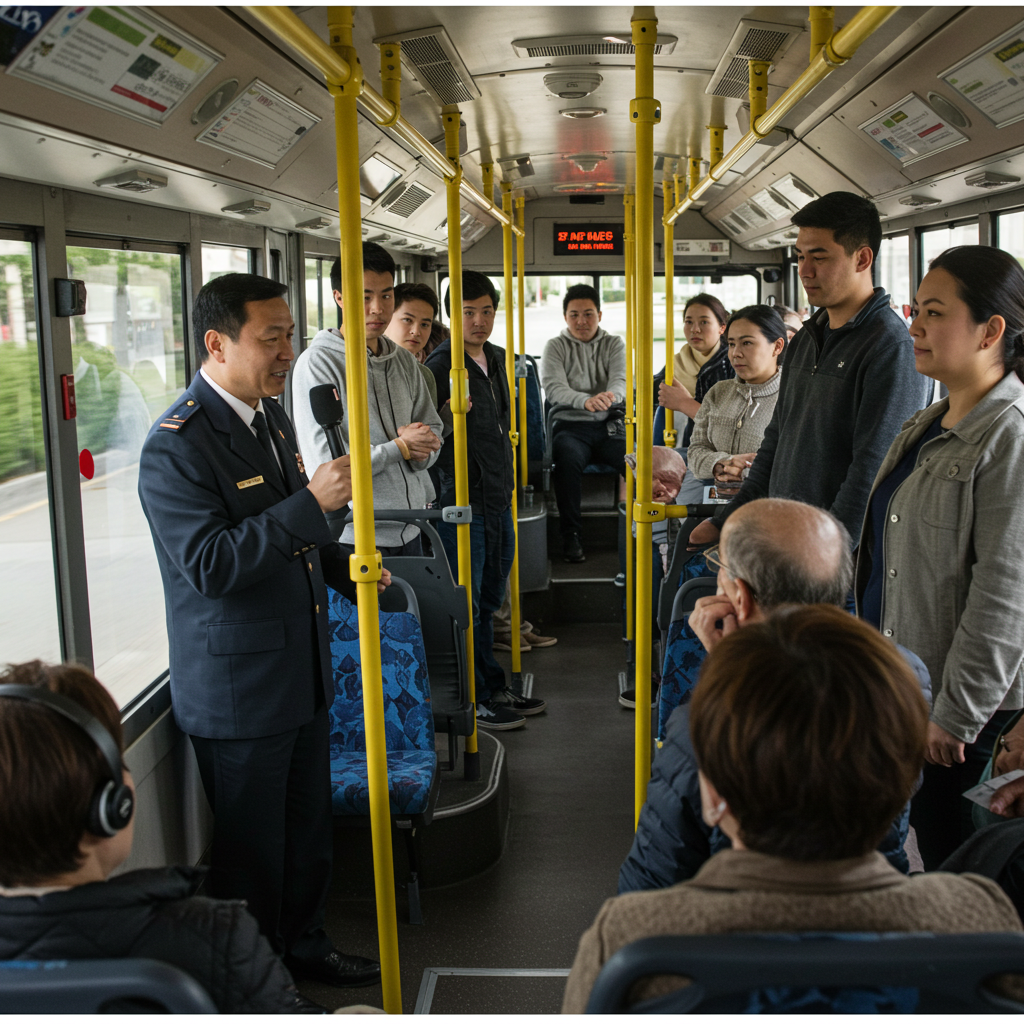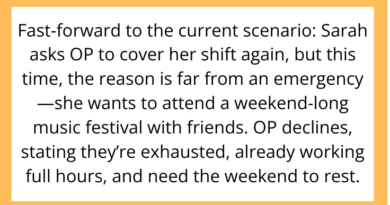We’ve all been there caught in a moral dilemma where our choices are scrutinized by strangers. Recently, I found myself in one such situation on a crowded bus, and I can’t shake the guilt. Was I the jerk for not giving up my seat to a pregnant woman? Let’s break it down and see if I was truly in the wrong or if there’s more to the story.
The Bus Incident
(Not an actual photo)
It was rush hour, and the bus was packed. I’d just finished a 12-hour shift at the hospital, and my feet were killing me. I managed to snag a seat near the back, relieved to finally sit down. A few stops later, a pregnant woman boarded. She looked exhausted, her hand resting on her belly as she scanned the bus for a seat. Everyone seemed to avoid eye contact—including me. I hesitated, but my body ached, and I stayed put. The woman ended up standing for the entire ride, and I could feel the judgmental stares burning into me.
My Justification
(Not an actual photo)
I know how it sounds—I’m a healthcare worker, so shouldn’t I be more empathetic? But here’s the thing: I’d been on my feet all day, dealing with emergencies, and I was barely functioning. My back was screaming, and I genuinely worried I’d collapse if I stood. Plus, there were other able-bodied people who could’ve offered their seats. Why was I the only one getting dirty looks? Does being a nurse mean I’m automatically obligated to sacrifice my own well-being?
Public Reactions
(Not an actual photo)
The backlash was immediate. A woman across the aisle muttered, “How selfish.” Another passenger outright said, “You should be ashamed.” I wanted to explain, but the words stuck in my throat. Later, I posted about it online, and the responses were split. Some called me TA for not prioritizing a pregnant woman, while others defended me, saying exhaustion is valid too. One comment stuck with me: “It’s not your fault the bus system sucks, but kindness costs nothing.” Was I wrong to prioritize myself in that moment?
Cultural Expectations
(Not an actual photo)
Society drills it into us: pregnant women, elderly folks, and those with disabilities deserve seats. And I agree—in theory. But what about invisible struggles? I wasn’t wearing a sign that said, “I’m about to pass out from exhaustion.” The pregnant woman’s need was visible; mine wasn’t. Does that make me less entitled to rest? Or is this a case of “you never know what someone else is going through” applying both ways?
Alternative Solutions
(Not an actual photo)
Looking back, I wonder if I could’ve handled it differently. Maybe I should’ve asked someone else to give up their seat instead of staying silent. Or flagged the driver to make an announcement. But in the moment, I froze. The pressure to be “selfless” felt overwhelming, and I resented that no one else stepped up. Isn’t collective responsibility a thing? Why was the burden solely on me?
Final Verdict
After replaying the scenario a hundred times, here’s where I land: I wasn’t malicious, but I wasn’t blameless either. Yes, I was exhausted, but so was she—and her discomfort was arguably greater. That said, the real AH is a system that pits tired people against each other instead of providing adequate seating. Next time, I’ll try to speak up or find a compromise. But for now, I’m left wondering: AITAH?
What do you think? Have you ever been in a similar situation? Share your AITAH stories in the comments let’s dissect these moral gray areas together!
